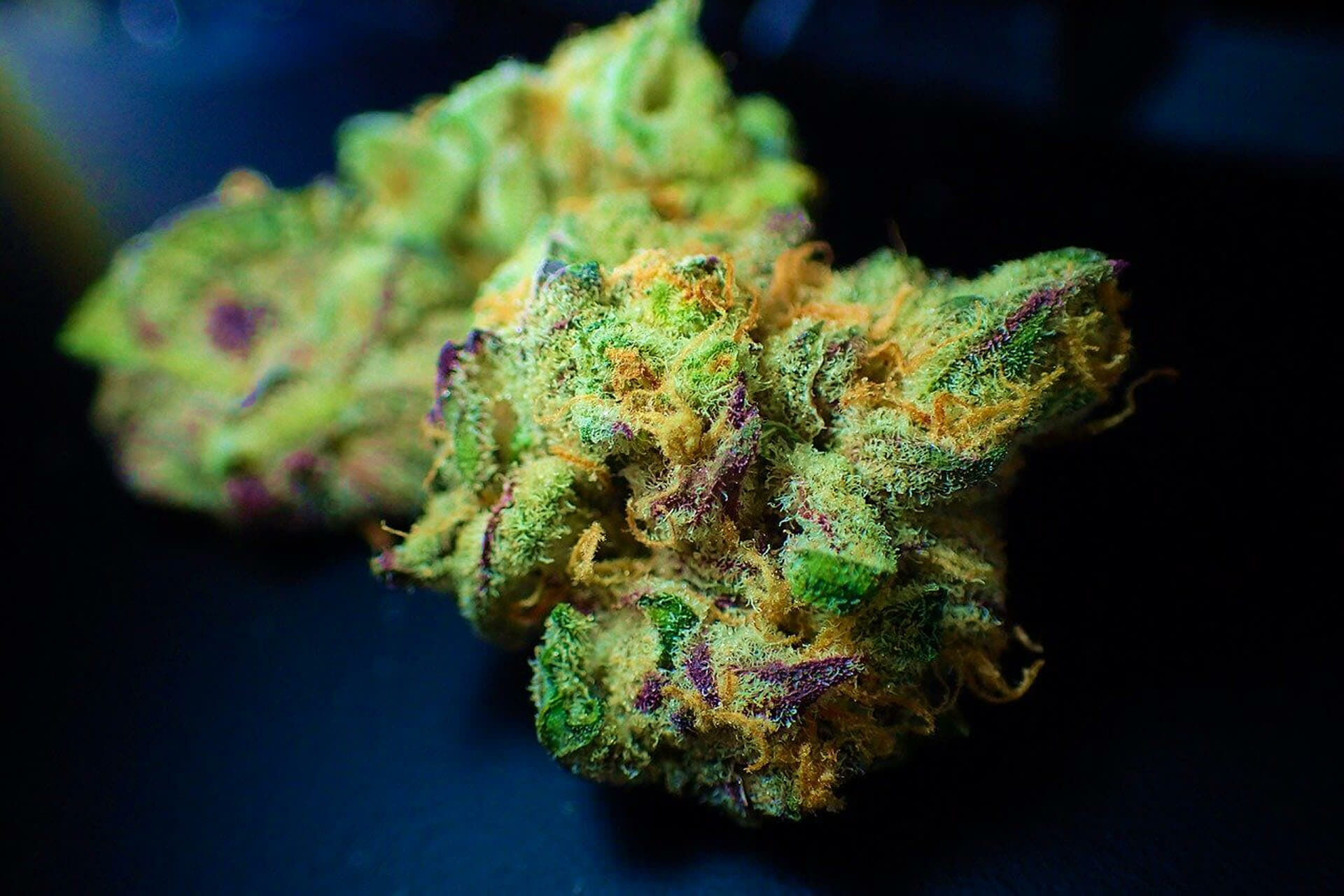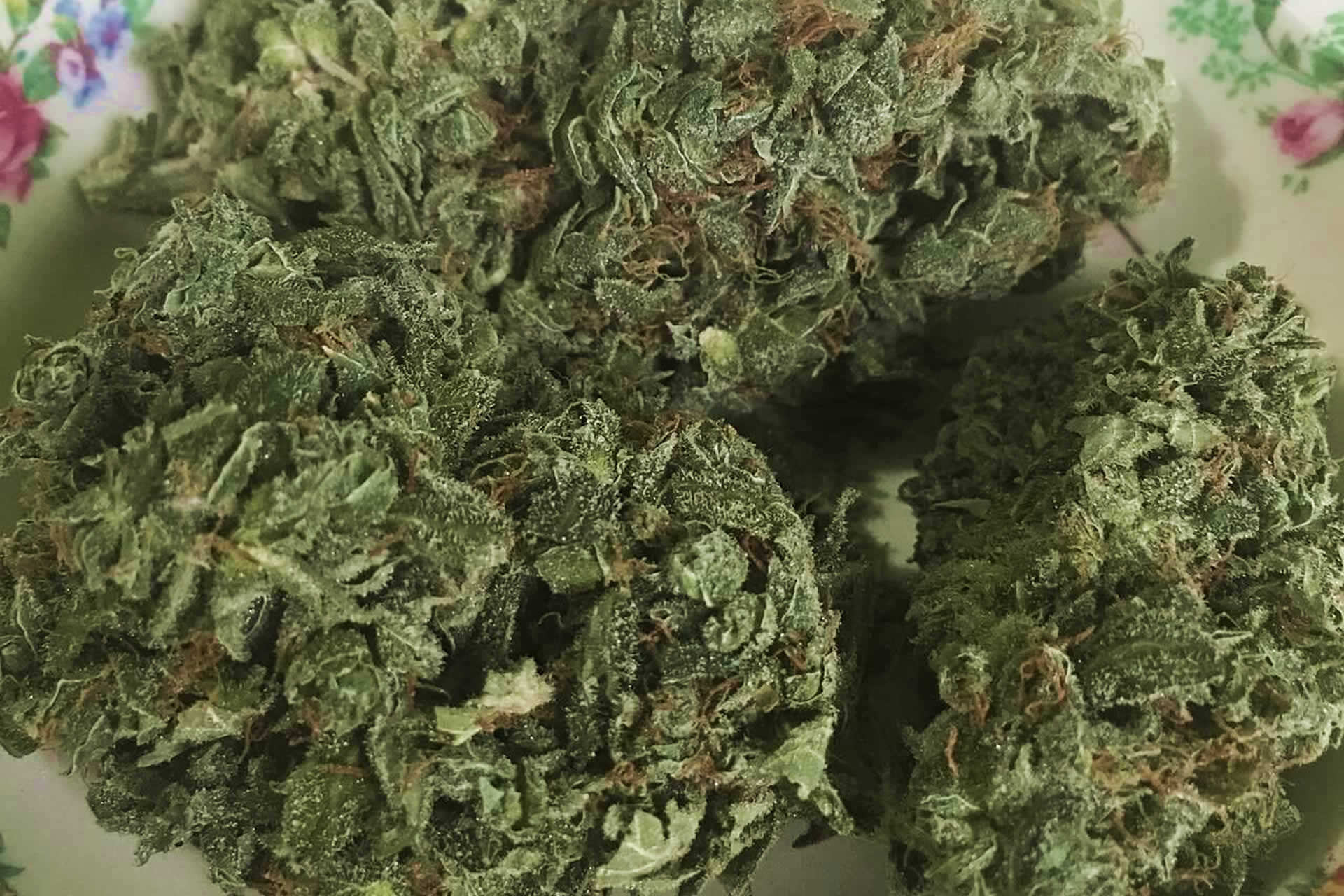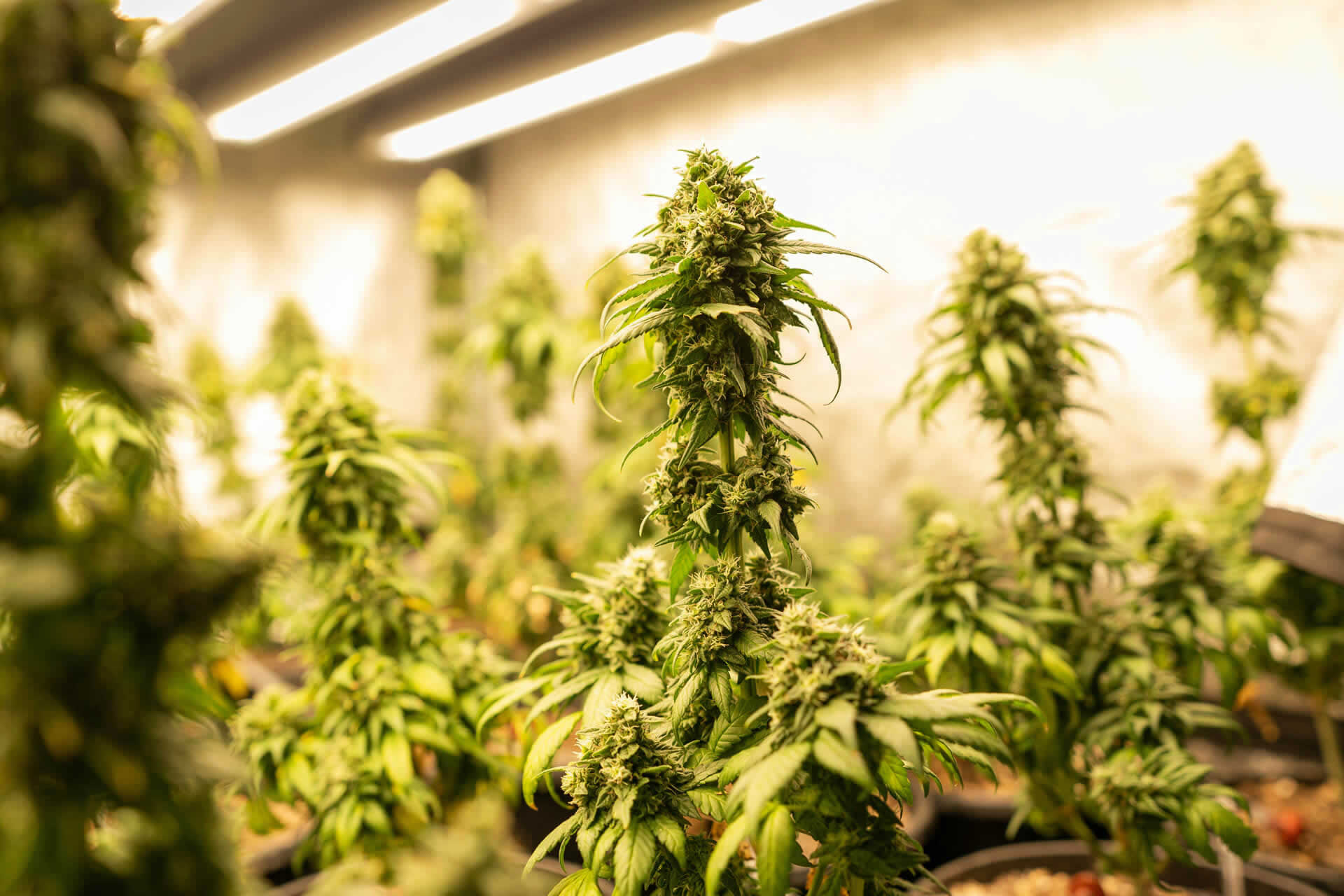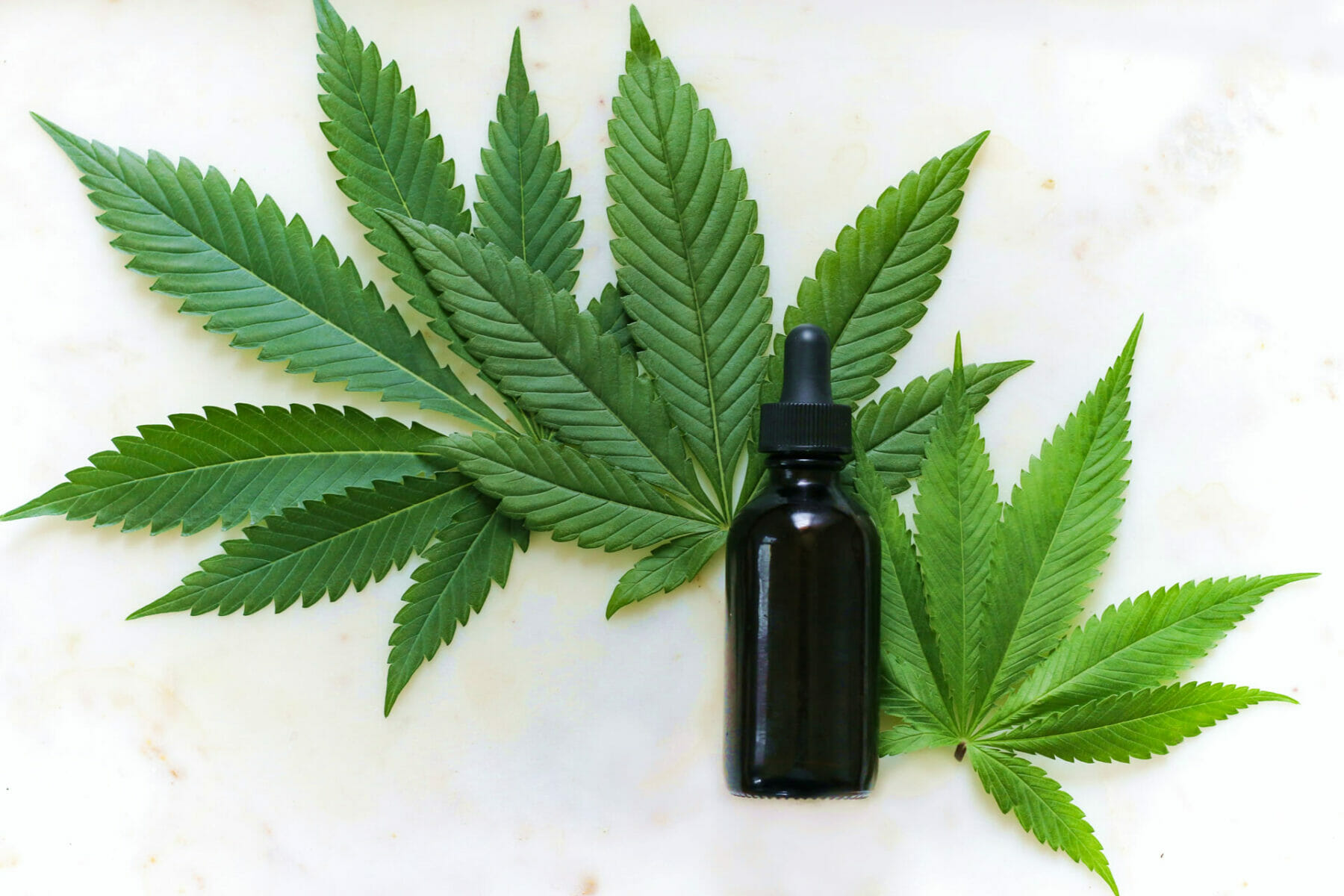Epilepsy And The Advantages Of Medical Cannabis
Epilepsy And The Advantages Of Medical Cannabis
Epilepsy Is A Growing Problem
Have you ever experienced epilepsy? Do you even have any family members who are suffering from this illness? Hemp has been explored for many generations as a treatment for epilepsy and other neuropathies. It has also been discussed by various experts and researchers.
According to national statistics, around 150,000 American citizens are diagnosed with epilepsy annually. Hence, it is among the most common neurological diseases that we suffer from. In order to treat its symptoms, many treatment procedures and medications are available.
One of the investigated medications for this is medical cannabis. However, does this alternative work? Is it safe? Will it work better than standard medications? More importantly, is this option safe? In this article, we will delve more into the world of epilepsy and medical cannabis, and see how they affect each other.
What Is Epilepsy?
The sickness is a neurological ailment marked by frequent, uncontrolled convulsions. A rampant spike of electrical impulses characterizes a seizure. It is divided into two groups. Epileptic seizures are illness that affects the whole brain. Focal seizures, often referred to as partial seizures, affect just one portion of the brain.
Severe seizures, ranging from just a few seconds to minutes can induce convulsions and uncontrolled muscular jerks. Many individuals get disoriented or faint after a more severe outbreak. They have no recollection of what happened after that.
There are various possible causes of epilepsy. These are some examples:
- feverishness
- head injury
- liquor abstinence with extremely low blood sugar
Seizure is a reasonably common neurological illness affecting approximately 65 million individuals worldwide. It impacts around 3 million persons in the United States. A seizure may affect anybody, although it is more frequent in small children and elderly individuals. Males are somewhat more affected than females.
What Is Medical Cannabis?
Cannabis is known by several names, the most popular of which is cannabis. Botanists and medicinal businesses more commonly use the Latin word “ cannabis. The cannabis plant's leaves and flower heads are often referred to as marijuana.
Medicinal marijuana refers to whole-plant cannabis or compounds derived from the plants used for health reasons. Cannabinoids are marijuana compounds that operate on body cells (known cannabinoid receptors) to produce an impact. There are two essential components:
- THC, or tetrahydrocannabinol, causes the psychoactive properties of "high."
- Cannabidiol, or CBD, has no psychotropic effects but does have a favorable impact on some biological systems. It is the portion that is useful in lowering convulsions in certain epileptic patients.
Does Cannabis Help Seizures?
Preliminary results from laboratory tests, anecdotal evidence, and modest clinical testing conducted more than a year ago suggest that Cannabidiol (CBD) may be helpful in seizure management.
CBD studies have been difficult and time-consuming owing to government laws and the restricted availability of Cannabidiol. Furthermore, there are several financial and psychological constraints.
Several tests in recent years have demonstrated the effectiveness of particular organic Cannabidiol in effectively treating categories of persons with seizures who haven't yet reacted to standard medications.
Does Cannabis Have Side Effects?
It's indeed critical to understand that, despite being a botanical, marijuana, like several other drugs, is degraded in a person's liver. Individuals wrongly assume that it is harmless because marijuana is a plant or oil derived from a plant. Pharmaceutical conflicts, on the other hand, are possible.
Efficacy results from studies in persons with syndrome revealed comparable adverse effects. The most common complaints are fatigue, diarrhea, and gastrointestinal distress. Hence, for safe consumption, it is better to consult a medical professional first and start with lower dosages.
What Do I Need To Know About Hemp?
Hemp has generally included smaller amounts of THC and greater levels of CBD. Cannabinoids derived from plant sources, particularly CBD, were formerly categorized as marijuana and classified as Order drugs.
According to the DEA, Category drugs have no recognized medicinal purpose and significant potential for misuse. Nevertheless, a national statute passed in December 2018 reinstates cannabis and cannabidiol CBD as agriculture products and excludes this from the Category I pharmaceutical list.
Conclusion
Although this shift in the categorization of cannabis and hemp-derived CBD, the medicine Epidiolex remains the one and only CBD medication which has been investigated and authorized to be used as a medicinal treatment for epilepsy. Although manufacturers and producers may launch additional dispensaries on the market in the months ahead, it is imperative to note that not all cannabinoids are from the exact composition or uniformity from different batches.
Moreover, you should indeed address any medicine or substance that you consider taking with your physician first. The opportunity for benefits and the combination with existing seizure drugs and associated adverse effects necessitates a thorough discussion with your physician.








